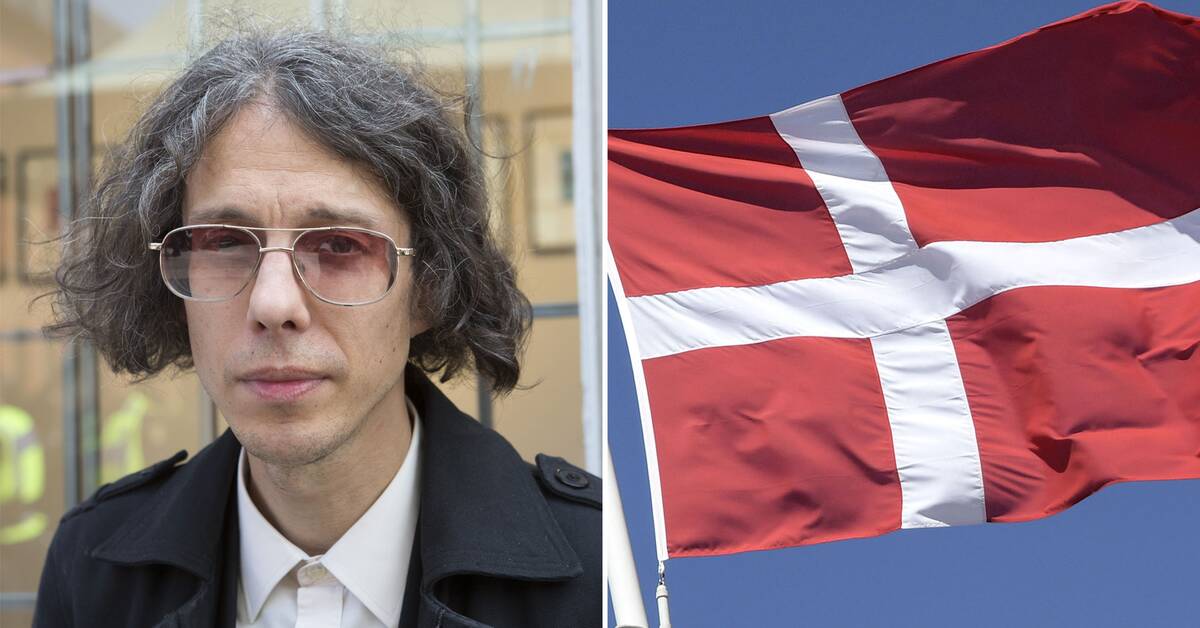In 2014, an art exhibition was organized in the premises of the Danish Parliament in Christiansborg with the works of the Swedish artist Dan Park.
One of the images depicted Momodou Jallow as a slave with the text "our n-slave has run away".
In another work, Jallow was seen hanging from a noose.
It was the Danish People's Party together with the Islam-critical Danish Press Freedom Society that took the initiative for the exhibition in support of Dan Park's freedom of expression.
- It was an offense against my client, but also against others who belong to the same group.
Therefore, the Danish authorities have a duty to deal with this.
Otherwise, my client and this group's human rights are violated, says Niels-Erik Hansen, legal representative for Momodou Jallow.
"The exhibition was a provocation"
In Sweden, Park has been convicted of inciting a group of people several times, a crime for which he has also been sentenced to prison.
- When the Swedish authorities have so clearly shown that it was punishable, it became a kind of provocation to hold this exhibition in Denmark, says Niels-Erik Hansen.
In addition to the images of Momodou Jallow, the exhibition in the Norwegian parliament also contained other images with derogatory messages about Roma and Jews.
Now the UN's Committee on Racial Discrimination (CERD) states that the Danish state made a mistake when it allowed the parliament to function as an exhibition space for Dan Park's work.
The committee calls on the Danish state to apologize to Momodou Jallow and demands that the authorities draw up new guidelines for racist hate speech.
They also want the state to introduce a training program aimed at police officers, prosecutors and judges to inform about and prevent racist hatred and discrimination.
"Very pleased"
The UN statement came in mid-December and the Danish state has 90 days to present what measures it has taken.
- We are very satisfied.
It is quite obvious that the convention that both Sweden and Denmark have signed is fundamental to the legislation that exists in both countries, says Niels-Erik Hansen.
Kulturnyheterna has sought representatives for the Danish state.

